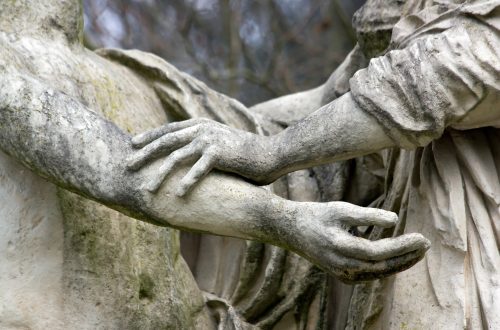
The Moral Roots of Hate
Hate is a complex and multifaceted emotion, often deeply rooted in moral conflicts and ethical dilemmas. Recent conversations with two individuals who experienced profound hate provided vivid illustrations of this complexity, offering insights into the deep-seated origins and nature of this intense emotion.
The Catalyst of Hate: Betrayal and Moral Indignation
In a revealing dialogue, the first individual shared a deeply personal story of betrayal that involved a significant breach of trust and financial deceit. The betrayal came from someone he deeply trusted, and the incident involved considerable money. As the story unfolded, a noticeable change occurred in his demeanor. His eyes reflected a fierceness and intensity previously unseen, underscoring the emotional impact of the betrayal. His narrative was fragmented and erratic, lacking a precise sequence and continually shifting in language. The conversation evolved from an initial desire for vengeance, expressed as “He must be destroyed,” to a more reflective and regretful tone. Ultimately, it culminated in an admission of shame for having harbored such intense feelings of retribution. This transformation was marked by tears of intense sorrow, illustrating the profound emotional journey hate can evoke.
Hate and Moral Judgment
The story emphasized an essential aspect of hate: its deep connection to moral judgments. The man’s feelings transcended mere reaction to the betrayal, touching upon a profound sense of moral outrage. His experience reflected more than dislike or anger; it was a perception of the betrayer’s actions as fundamentally wrong and harmful.
Hate Through Loss and the Quest for Justice
The second conversation revealed another facet of hate stemming from tragic loss. A man hated the individual who killed his father in a speeding incident. When asked what would be required for him to cease hating the individual, he responded, “A dialogue with him where I can express my pain and receive a heartfelt apology from him.” This need for acknowledgment, being heard and justice shows how hate can stem from a deep-seated need for moral rectification and reconciliation.
The Impact of Moral Beliefs on Hate
Both cases shed light on how hate often stems from a clash of core moral beliefs. In both situations, the actions of the betrayers were perceived not just as personal attacks but as violations of fundamental human ethics. These perceptions significantly influenced their emotional responses and the intensity of their hatred.
Broader Implications of Hate in Society
Understanding hate as a response to moral transgressions provides a broader perspective on its role in societal conflicts and issues. Hate can fuel prolonged feuds and social divisions, particularly when individuals or groups are perceived as violating crucial moral principles.
The Importance of Empathy and Understanding
These conversations highlight the critical need for empathy and listening in addressing expressions of hate. Recognizing the moral foundations of hate can lead to a deeper understanding and, potentially, reconciliation. By acknowledging and addressing the ethical conflicts at the heart of hate, we can better navigate its challenges and work toward healing and resolution.
These explorations into the nature of hate reveal its complex ties to moral outrage and ethical violations. It underscores the importance of understanding hate’s more profound emotional and moral layers to address and resolve it effectively.
Art: Daesun Choi




